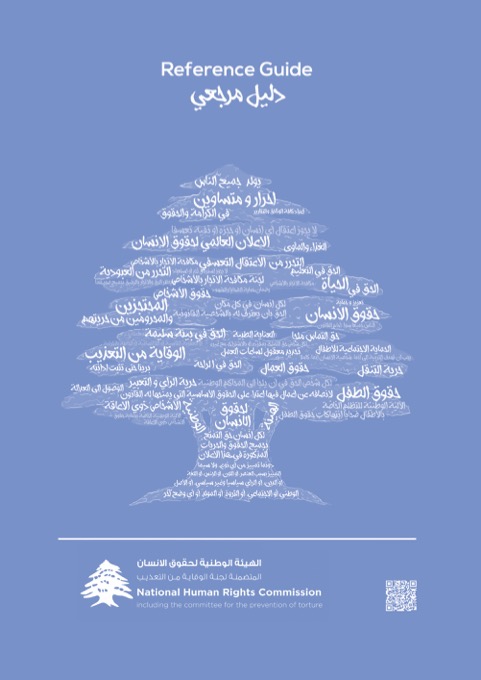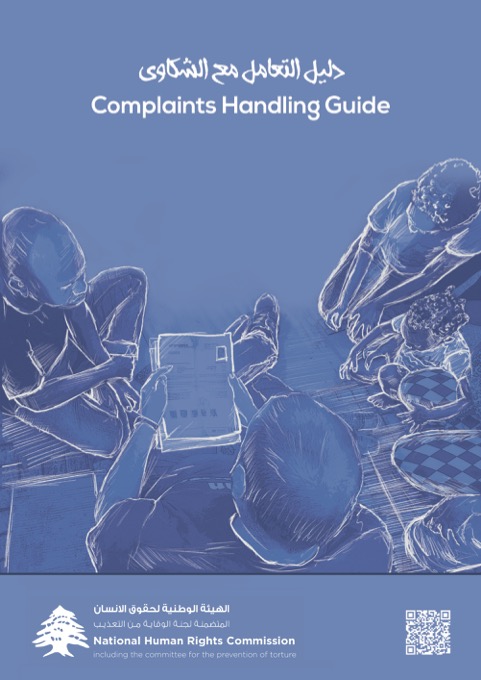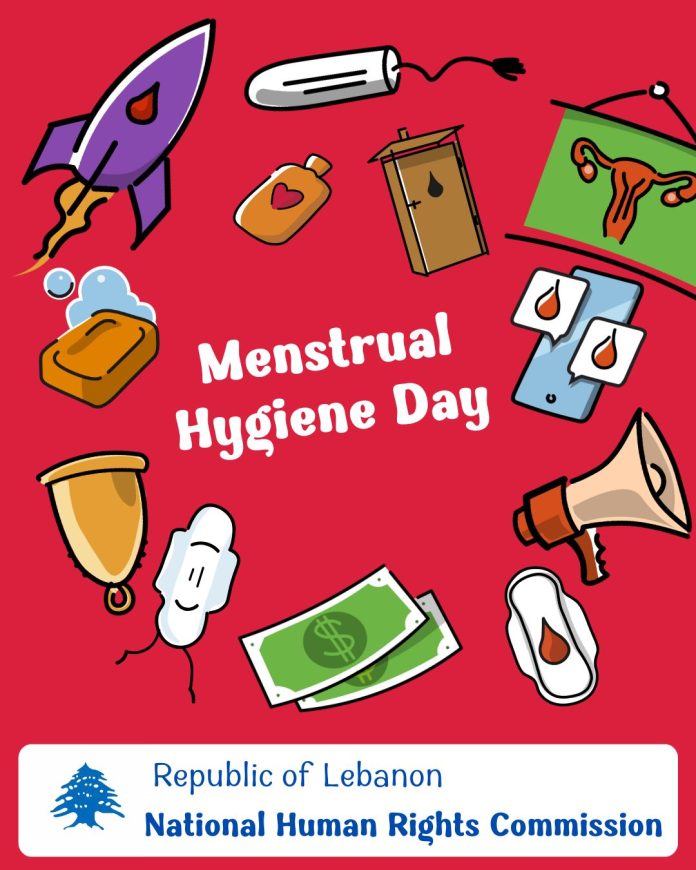Menstrual Hygiene Day is about the persistent inequalities surrounding menstrual health and hygiene (MHH). This year’s Menstrual Hygiene Day, on 28 May 2025, is themed “Together for a #PeriodFriendlyWorld”, urging collective action to ensure that menstruation does not limit access to education, health, or opportunity.
On Menstrual Hygiene Day, the National Human Rights Commission affirms that menstruation remains a real barrier to equality and human dignity in Lebanon. Women and girls in the most vulnerable communities face numerous challenges, most notably the high cost of essential hygiene products, limited access to clean water, and social stigma.
Around 70% of women and girls in marginalized communities in Lebanon struggle to access menstrual hygiene products, forcing them to resort to unsafe alternatives or to miss school and work.
On Menstrual Hygiene Day, we emphasize that menstruation is not merely a health issue, but one of social justice and equality. It is essential to invest in awareness, provide accurate data, and improve the conditions of women and girls to reduce gender disparities and period-related poverty.
Menstrual Hygiene Day was first celebrated in 2014 to raise awareness that investments in menstrual health can yield transformative impacts on girls’ and women’s lives.
Findings from the World Health Organization (WHO) and United Nations Children’s Fund (UNICEF) Joint Monitoring Programme for Water Supply, Sanitation and Hygiene (JMP) reveal major gaps in WASH (water, sanitation and hygiene) infrastructure that create barriers for women and girls to manage menstruation safely and with dignity.
Data from the World Health Organization (WHO) and United Nations Children’s Fund (UNESCO) shows continuing stark inequalities in access to water, sanitation and hygiene (WASH), with a heavy burden falling on women and girls.
The WHO/UNICEF Joint Monitoring Program (JMP) 2023 update report, Progress on household drinking water, sanitation and hygiene 2000-2022: Special focus on gender, compiles data on global progress towards achieving universal access to safe drinking water, sanitation and hygiene (WASH). It also provides an in-depth analysis of gender inequalities between and within countries, revealing the unique risks that women and girls face from inadequate access to safe WASH.
Key facts from the new report:
- Water: In 2022, 2.2 billion still lacked safely managed drinking water, including 115 million people drinking surface water.
- Sanitation: In 2022, 3.5 billion people still lacked safely managed sanitation, including 419 million who practised open defecation.
- Hygiene: In 2022, 2 billion still lacked basic hygiene services, including 653 million with no facility at all.
- Menstrual health: Adolescent girls and women living in rural areas are more likely to use reusable materials, or no materials at all, to manage menstruation.
- Gender: 1.8 billion people still do not have drinking water on-premises, and in two out of three households, women are primarily responsible for water collection.
Achieving universal coverage by 2030 will require a six-fold increase in current rates of progress for safely managed drinking water, a five-fold increase for safely managed sanitation, and a three-fold increase for basic hygiene services.
The JMP website, www.washdata.org, allows visitors to interactively access the full dataset, and download individual country files which include all of the data used to produce the estimates.
Only 2 in 5 schools globally offer menstrual health education, and just 1 in 3 have bins for menstrual waste. Recent data show a 15 per cent average rate of menstrual-related absenteeism from school, with studies in Sub-Saharan Africa reporting rates as high as 31 per cent.
The MHH Funding Tracker, a collaborative initiative led by Menstrual Hygiene Day (MH Day) and WASH United, provides a clear view of where global funding is flowing for menstrual health efforts – supporting transparency, accountability, and smarter investment strategies.
Find more information on how to participate in Menstrual Hygiene Day, on 28 May 2025, here.
هذه المقالة متاحة أيضًا بـ: العربية (Arabic) Français (French)



